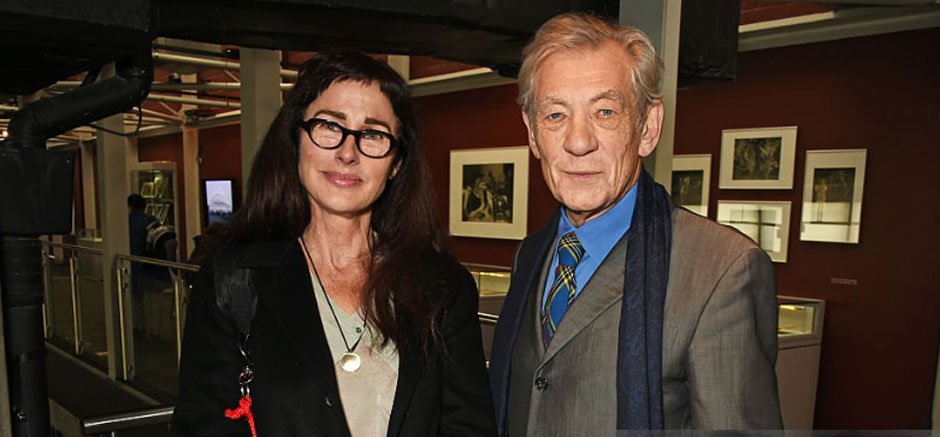Introduction: Who is Tracy Granger?
In the intricate world of filmmaking, where countless hours of footage are meticulously woven into a cohesive narrative, the role of a film editor is paramount. Among the most respected and influential figures in this field is Tracy Granger. Her career spans decades, marked by a dedication to the craft and a significant impact on both independent and mainstream cinema.
Born into a family deeply rooted in Hollywood, Granger carved her own path, establishing herself as a master of visual storytelling. Her work is characterized by a keen eye for detail, a profound understanding of pacing, and an ability to elevate a film’s emotional resonance through precise cuts and transitions. This article delves into the life and career of Tracy Granger, exploring her journey, her most notable contributions, and the lasting legacy she continues to build within the film industry.
Early Life and Influences: A Legacy in Film
Tracy Granger’s connection to the film industry began at birth. She is the daughter of two Hollywood legends, actress Jean Simmons and actor Stewart Granger. This lineage provided her with a unique vantage point, exposing her to the world of cinema from a very young age.
Growing up surrounded by the creative energy of her parents’ careers, Granger developed an innate appreciation for storytelling and the visual arts. This early exposure undoubtedly shaped her future aspirations and laid the groundwork for her eventual career as a film editor. While her parents were in front of the camera, Tracy found her calling behind the scenes, where the magic of filmmaking truly comes together.
Forging a Path: From Apprentice to Accomplished Editor
Granger began her professional journey as an apprentice editor at the prestigious MGM and Burbank Studio lots. This hands-on experience provided her with invaluable insights into the technical and artistic aspects of film editing.
She steadily climbed the ranks, working as an assistant editor on a number of significant films. These included Michael Wadleigh’s The Wolfen, Sydney Pollack’s The Electric Horseman, Joel Schumacher’s The Lost Boys, Ivan Reitman’s Ghostbusters, and Mike Figgis’s Internal Affairs. This period was crucial for honing her skills and understanding the nuances of the craft, preparing her for the demanding role of a lead editor.
Notable Works and Critical Acclaim
Tracy Granger’s career is adorned with a diverse array of critically acclaimed films. Her first feature as an editor, Allison Anders’ Gas Food Lodging, garnered significant attention, winning the Critics’ Award at the Deauville Film Festival.
She is perhaps most widely recognized for her work on Kimberly Pierce’s Oscar-winning film Boys Don’t Cry. Her meticulous editing contributed significantly to the film’s powerful narrative and emotional depth, earning her widespread praise.
Other notable independent films include Michael Almereyda’s The Eternal, John Shea’s Southie (American Independent Award for Best Film, Seattle International Film Festival), and Nick Gomez’s Illtown (opening Film at the New York Film Festival).
Her filmography also boasts New Jersey Drive, produced by Spike Lee, which was an official selection at the Sundance Film Festival. She also edited Chromophobia, directed by Martha Feinnes, which closed the 2007 Cannes Film Festival, and Richard Heslop’s Frank.
In television, Granger served as the lead editor on Wonderland for writer-director-producer Peter Berg, and Brian Henson’s Jack and the Beanstalk: The Real Story, which won a Saturn Award. More recently, her work can be seen in Uberto Pasolini’s Still Life and Richard Billingham’s Ray & Liz, both of which received critical acclaim at major film festivals.
The Art of Editing: Tracy Granger’s Approach
Tracy Granger’s editing philosophy is rooted in a deep understanding of storytelling. She believes that the editor’s role is to serve the narrative, shaping the raw footage into a compelling and coherent whole.
Her work demonstrates a mastery of pacing, rhythm, and emotional nuance. She understands how to build tension, evoke empathy, and guide the audience through a film’s journey with precision and artistry.
Granger is known for her collaborative spirit, working closely with directors to realize their vision. Her ability to translate a director’s intent into a powerful cinematic experience has made her a sought-after editor in the industry.
Beyond the Cutting Room: Mentorship and Advocacy
Beyond her prolific work as a film editor, Tracy Granger is a passionate advocate for aspiring filmmakers, particularly women.
Recognizing the challenges faced by women in the industry, she actively seeks to mentor and inspire female filmmakers, helping them to hone their craft and bring their stories to the screen.
Her commitment to fostering new talent underscores her dedication to the future of cinema and her desire to create a more inclusive and equitable industry.
Personal Life and Enduring Impact
Born in Los Angeles, Tracy Granger later moved to New York City in 1990, and then to England in 2001, where she continues to reside and work. Her personal journey reflects a global perspective, enriching her artistic sensibilities.
As a member of prestigious organizations such as the American Cinema Editors (ACE), BAFTA, and the Academy of Motion Picture Arts and Sciences, Granger is recognized by her peers for her exceptional contributions to the art of film editing.
Her influence extends beyond the films she has edited; she has inspired countless individuals to pursue careers in filmmaking, particularly in the often-overlooked but crucial field of editing.
Conclusion: Tracy Granger’s Contribution to Cinema
Tracy Granger stands as a testament to the power of skilled film editing. Her work has not only shaped compelling narratives but has also left an indelible mark on the landscape of independent and mainstream cinema.
From her early days as an apprentice to her current role as a celebrated editor and mentor, Granger’s journey is a compelling narrative of dedication, artistry, and a profound understanding of the cinematic craft. Her legacy will undoubtedly continue to inspire future generations of filmmakers, solidifying her place as a true luminary in the world of film.
